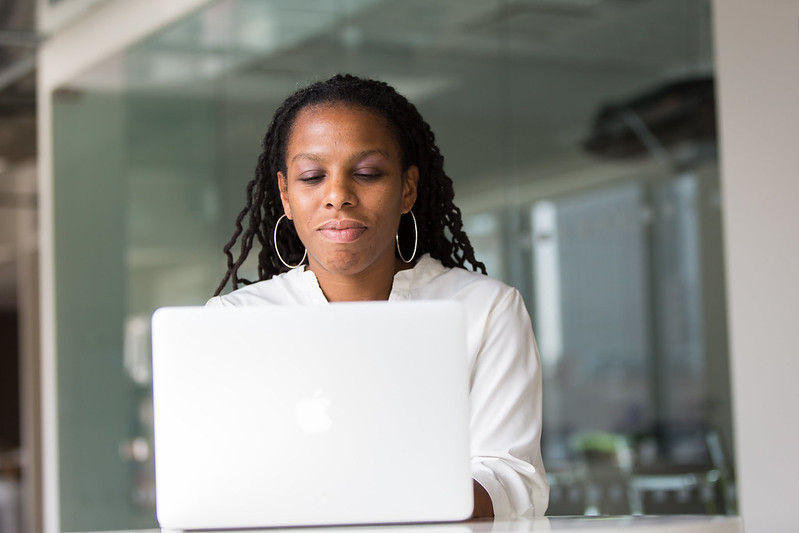
Black women continue to start up at rates that outclip every other demographic group. But they also face more hurdles than anyone else – especially since the start of the pandemic.
Small business support nonprofit Buy From A Black Woman recently released the findings of a years-long research effort that examined how Black women business owners were faring prior to Covid, and how they weathered the storm once it arrived.
Just over half of the Black women who took part in the study – 53.3%, to be exact – lost income when the pandemic hit. And the result was significant. Women said they worried about not being able to pay for basic personal needs – including groceries – and basic business needs, such as rent, employees’ wages and vendor bills.
“The pandemic disproportionately affected marginalized communities because it exacerbated existing inequalities,” the study found. “Understanding these experiences can inform future efforts to support and uplift Black women entrepreneurs during times of crisis – and beyond.”
Respondents to the two surveys conducted for the study – one in 2018, and the other, in 2020 – also reported problems with securing funding that could have helped them support, even grow their businesses. Networking and marketing were pain points as well, especially without money to support either effort. And, many said their problems got worse when lockdowns went into effect.
These findings align with other studies on the subject. Research shows that Black women routinely receive the smallest amount of VC funding – less than 1% of what’s doled out each year – and continue to struggle to get approved for loans.
The Black women who took part in the research effort disclosed how they adapted to survive, without such financial or institutional support. In nearly half of all cases, the entrepreneurs adopted new marketing strategies (47%) or changed the very products and services they offered (45%) in order to stay afloat.
“Instead of selling face masks, I am offering free masks to anyone locally who wants some,” one respondent said in 2020. Others said they began offering online classes to get their name out there, or restructured their content offerings entirely with the added time.
Buy from a Black Woman founder Nikki Porcher says she wants the study’s findings to inform policy solutions and individual consumer decisions now that she and her team have shown a light on “the most urgent needs of Black women business owners, [and] areas where support is lacking.”



